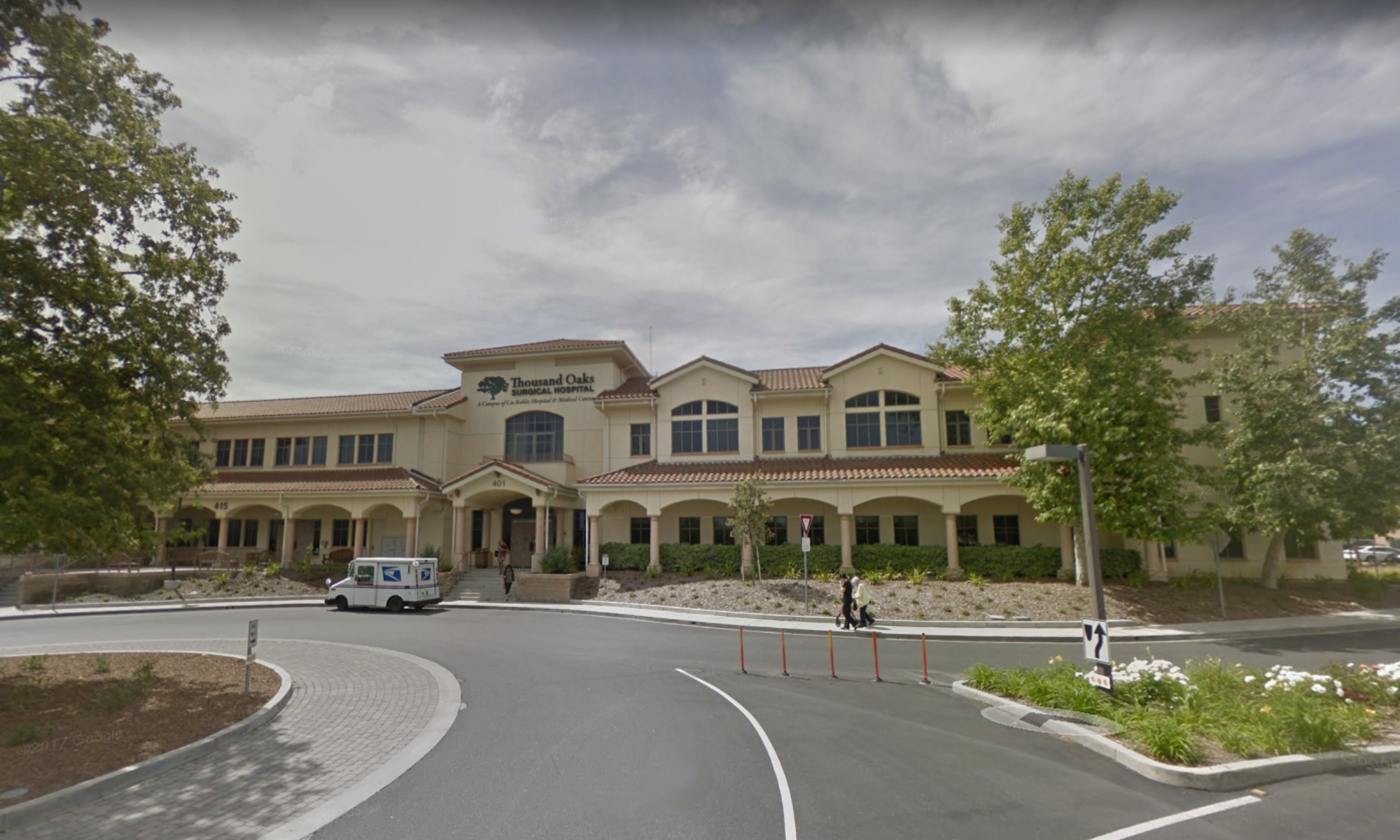Are you currently a tenant leasing space in a commercial (retail, office, industrial usually) property with your business suffering significant losses? If so, want to know what your options are and what you should be doing about it now and in the future?
This is the fourth and final part of a series of articles written on this subject. The first article covered the pros and cons of subleasing and assignment. The second had to do with not paying rent. The third article in this series dealt with how to terminate your lease early. This one deals with what to do if your landlord has filed a lawsuit against you.
I mentioned in my last blog that if a tenant terminates a lease early, most times the landlord doesn’t even sue the tenant and the tenant might only lose their security deposit. This usually happens when the landlord doesn’t think that pursuing a judgment will be worth it for many reasons. One of these reasons would be a tenant not having any assets to pay or not having assets that are legally attachable via a judgment (such as retirement accounts and your personally owned residence that you occupy). Another would be because of how much time, energy, and cost it takes.
What happens if your landlord does sue you? What should you do? Most of the time its tenants that have legally attachable assets that are concerned about this, such as those with substantial net worth not legally protected in any way. This would include rental houses, boats, cars, cash, etc. Sometimes tenants simply don’t understand the legal process and are afraid that it could be very costly, possibly ruin them, hurt their credit, etc. if they lose in court. However, once again even legal cases that are filed usually get settled before they go to court because of how costly and time consuming the court process is, not only monetarily but also in terms of time.
Let’s say you are headed to court. There are so many cases currently filed in California that the courts are backlogged close to 3 years right now, and many of these cases also deal with a tenant not paying rent. The courts haven’t decided on how they are going to rule over the government shutting down businesses and COVID causing more of the same. If the court rules in the tenant’s favor in some of the early cases, then I think many of these cases will be dismissed or settled quickly.
Why might a court rule in a tenant’s favor when the lease clearly states the tenant needs to pay rent no matter what? I think the best defense right now is “frustration of purpose.” It’s a legal phrase that basically means if you are supposed to do something but can’t because the government says you can’t, or for another good reason, (like COVID) then you are excused from having to do that something. In this case, that something is paying rent if you are a tenant. There are other defenses but I think “frustration of purpose” is the best one for a tenant right now in this situation. Check out this article for more on “frustration of purpose” during this pandemic.
I am not an attorney, but I have been an expert witness and have been involved in resolving many legal cases for many types of commercial real estate matters including why a tenant should pay rent. In my 35 plus years of being in the commercial real estate business, I have never seen a more appropriate fit for the “frustration of purpose” argument. It doesn’t get more frustrating for a tenant than a lease stating that the tenant has to pay rent when the government says they can’t be open for business. I am watching closely what the courts will do here and really hope they rule in the tenant’s favor on this matter.
What bothers me about landlord leases is that they are usually heavily slanted in the landlord’s favor and landlord’s usually have leverage over a tenant so the lease is rarely fair to the tenant. And never more so in the “force majeure” clause area. “Force majeure” simply means “acts of God” or things that happen that aren’t in your reasonable control. This clause is in many landlord drafted leases and when it exists it’s usually written such that a landlord doesn’t have to do what the lease says the landlord must do if it’s out of the landlord’s reasonable control. But guess what? This right isn’t usually reciprocal to a tenant and even if it is, it almost always excludes the payment of rent by a tenant. How fair is that? Many times, courts will realize the leverage the landlord has over the tenant and will not allow a lease clause to only favor one party unequally. For instance, in California, courts don’t allow a lease to award legal costs to the landlord only and not also the tenant no matter if the lease states otherwise and by law, it makes this right reciprocal. I hope that after COVID the courts will realize that a “force majeure” clause needs to be not only made reciprocal if it’s in a lease but even if the clause itself is absent from the lease that it becomes mandatory anyways.
Each situation is unique and needs to be figured out carefully if you want help making the right decision on how to handle what you should do regarding your commercial lease. I have settled these types of matters both as a landlord and tenant hundreds of times so I can assist you for a reasonable cost if you need help so please contact me if so as follows:
David Massie
DJM Commercial Real Estate
david@djmcre.com
805-217-0791



